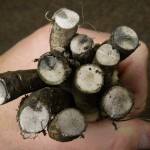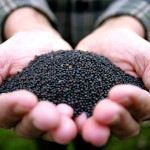In the last several years tetanus has most definitely been increasing in incidence across Canada so it is important that producers know what to look for and understand measures to prevent this deadly disease. Tetanus is caused by the bacterium Clostridium Tetani that is the same family of organisms which causes blackleg. This spore-producing bacteria […] Read more













